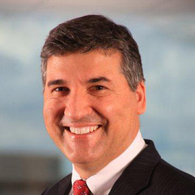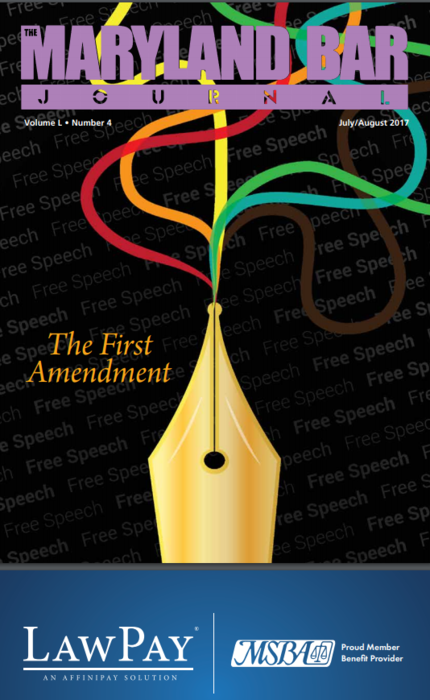On August 7, 2017, the Maryland Court of Appeals, the state’s highest court, handed down a decision that will open a new avenue of defense to battered spouses in the state – in the extreme case where the spouse hires a hit man to kill the abuser.
The case centered on Karla Louise Porter, who was repeatedly verbally and physically abused by her husband Ray during their 24-year marriage. In 2010, Karla paid someone $400 to kill her husband. She was found guilty of first-degree murder and solicitation to commit murder. At her trial, she asked the court to give a jury instruction that she was entitled to claim “imperfect self-defense,” which would permit the jury to find her guilty of voluntary manslaughter rather than murder. The trial court declined to give the self-defense instruction that she requested.
Although the Maryland Court of Special Appeals, the state’s intermediate court, rejected Karla Porter’s claim, the Court of Appeals ruled in her favor in a case that breaks new ground in Maryland law. Maryland courts had previously recognized the existence of the “battered spouse syndrome” and had permitted spouses to claim “imperfect self-defense” if they killed the other spouse when they perceived an imminent or immediate threat, whether or not that fear was an objectively reasonable one.
In this case, the appeals court accepted that principle, saying, “We decline to hold that a woman suffering from battered spouse syndrome must experience abuse within minutes or hours of her defensive action to be entitled to an instruction on imperfect self-defense. Doing so would ignore the reality of intimate partner violence.”
The court went further, though, ruling in its 4-3 opinion that this defense is available to a woman who doesn’t kill her partner with her own hands but hires a killer to do so.
“The means by which a woman takes defensive action against her abuser does not affect whether she actually believed she was in imminent danger at the time of the killing,” the court wrote.
The court noted that the ruling didn’t mean that a woman in Karla Porter’s situation would go free, only that she could be found guilty of manslaughter rather than murder.
“A woman who acts in imperfect self-defense is certainly not allowed to kill her abusive husband,” the court wrote. “The doctrine of imperfect self-defense permits her to make her case to the jury that she only committed manslaughter—not that she deserves acquittal.”
The decision immediately garnered approval from advocates of battered women and women’s rights advocates in the state.
It will not apply to the vast majority of domestic-violence situations in Maryland. It is not common for an abused spouse to hire a hit man to kill the abuser. But it is an excellent and well-reasoned ruling because it takes into account the reality of what life can be like, on a day-to-day basis, for an abused spouse, and how the spouse can feel that he or she has no options available.
Parenthetically, the four judges in the majority were all of the female judges on the court, while the three in the minority were the male judges. Coincidence?
The court’s ruling can be found here.








